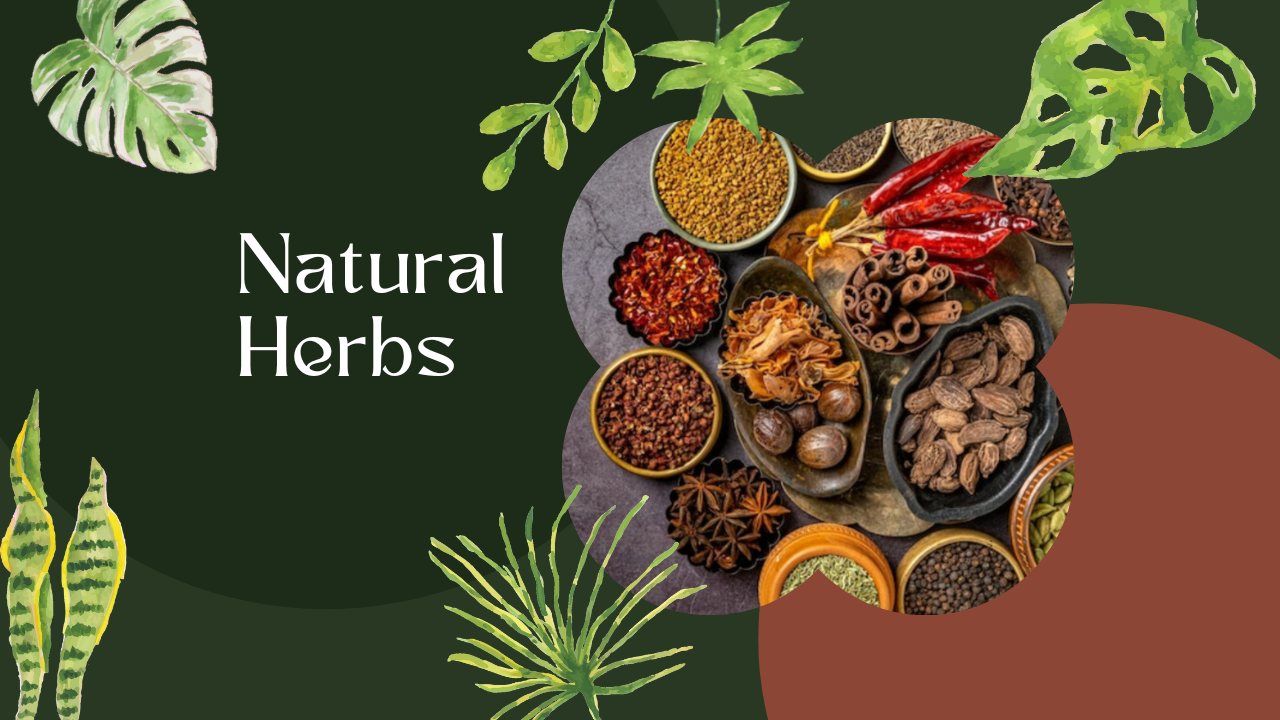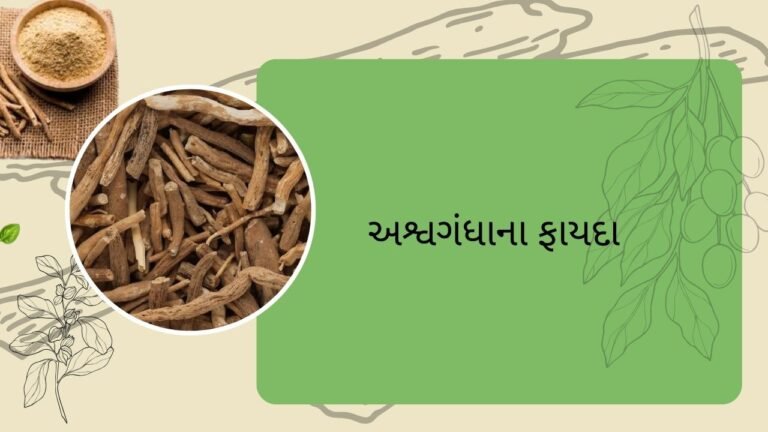Natural Herbs
Natural Herbs
ASHWAGANDHA
With ania somnifera also referred to as ashwagandha or winter cherry, is an evergreen shrub that grows in India, the Middle East, and some regions of Africa. It is a member of the nightshade family or Solanaceae. The morphology of several other Withania species is comparable.
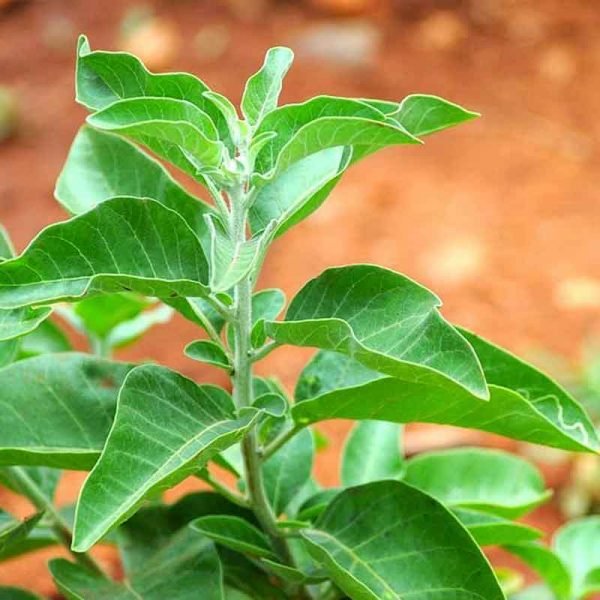
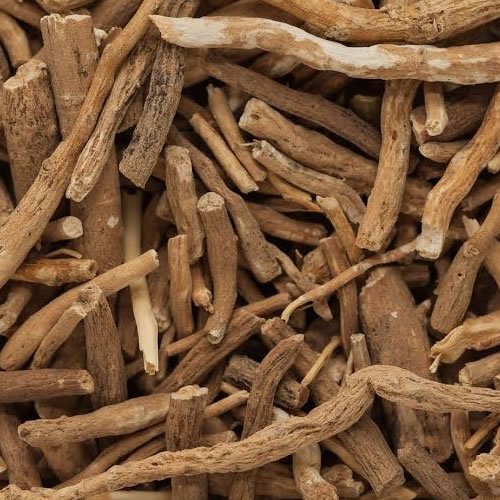
USES
- The Ashwagandha root is the most important component of the plant and is used for weight gain, stamina, and other benefits. The root is powdered and dried before use in supplements. You can also buy dried roots to make tea.
- Weight loss is achieved with LEAF.
We can consume leaves before breakfast on an empty stomach or 10 minutes before dinner. The leaves can be consumed either in their natural state or with 60–70 ml of warm water and crushed, undrained leaves. 10 leaves minimum per day, with the ability to adjust for needs. to take daily in order to lose weight as necessary. It is an everlasting decrease.
BENEFITS
Ashwagandha has many benefits and can help in different ways.
Anxiety and Stress
One of the most effective herbal treatments for anxiety and stress relief is ashwagandha. Studies have shown that taking Ashwagandha in doses ranging from 240 mg to 600 mg can help to control the levels of cortisol, the stress hormone. If you struggle with insomnia, ASHWAGANDHA can help you get a good night’s sleep. It also helps to control anxiety levels. Compared to sedatives and other calming medications, the herb is said to have a calming effect on the body. People favor ashwagandha because it is an all-natural, plant-based remedy.
High Cholesterol
According to a 2015 study, Ashwagandha can strengthen the heart and increase a person’s cardio-respiratory endurance. Additionally, the herb has been shown to improve heart health and lower levels of bad cholesterol in the body. Lowering blood pressure, cholesterol, and inflammation has a positive effect on the heart. Supposedly, it also lessens chest pain.
Arthritis
Due to its anti-inflammatory properties, ashwagandha can assist in reducing swelling. The herb also advertises itself as a painkiller. A chronic autoimmune condition called rheumatoid arthritis (RA) causes the joints to swell, hurt, and become immobile. Additionally, other bodily organs may be impacted. Ashwagandha may ease the pain and swelling in the hands, feet, and stiff joints associated with rheumatoid arthritis.
Parkinson’s Disease
While there isn’t any concrete proof that Ashwagandha can treat Parkinson’s disease, it is reputed to work well in combination with other drugs. In addition to Parkinson’s disease medication, ashwagandha may lessen the severity of the condition. But avoid taking supplements without first talking to your doctor.
According to some reports, ashwagandha slows the loss of brain functions that causes diseases like Alzheimer’s, Parkinson’s, and Huntington’s. The herb can prevent neurodegenerative diseases that cause memory loss. According to a study, using Ashwagandha in the early stages of these diseases may help prevent the loss of memory and brain function.
According to research, ashwagandha can lessen the fatigue brought on by chemotherapy. Additionally, it is said to stop the development of cancerous cells and hinder their spread. In a 2011 study, it was discovered that ashwagandha could help reduce animal lung tumors.
Attention Deficit Hyperactivity Disorder, or ADHD, is a condition linked to a number of autoimmune diseases. According to clinical studies, ashwagandha may help ADHD-affected children with attention span issues and impulse control problems.
High Blood Pressure
Taking herbal supplements containing ashwagandha for stress can lower blood pressure. This then has a favorable impact on heart health. Nevertheless, avoid combining Ashwagandha with drugs that lower blood pressure. It’s bad for your health if your blood pressure drops too much.
Diabetes
Ashwagandha can help some people with type 2 diabetes manage their blood sugar levels. It increases the sensitivity of muscle cells to insulin and aids in enhancing insulin secretion. Better diabetes management is aided by this, but avoid combining medications without first consulting a doctor.
Male Infertility
Although it is believed that Ashwagandha can improve male fertility, there is no concrete evidence to support this claim (not the count). On preliminary clinical research, this is based. To confirm the suggestion, more research is required.
Cerebellar Ataxia
Muscles move abruptly and erratically as a result of the brain disorder cerebellar ataxia. The hands and legs are where this lack of coordination is most noticeable. When the cerebellum region of the brain is injured, the condition results. When Ashwagandha is combined with Ayurvedic therapy and other medications, early studies have shown that people can achieve a better balance in their muscle movements.
SHISHOO
A hardy, fast-growing, deciduous rosewood tree, Dalbergia sissoo, also known as North Indian rosewood or shisham, is indigenous to the Indian subcontinent and southern Iran. A large, crooked tree called D. sissoo has white or pink flowers and long, leathery leaves.
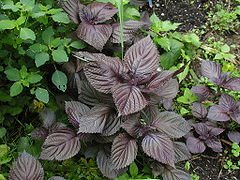
USES
Shishoo is best for problems like acidity, ulcer, burning sensations, diabetes patients experiencing burning sensation under their feet, periodic issues (menopause, pcod), and cancer patients. Shishoo helps control acid levels within 30 minutes and has a cooling effect on our bodies.
Traditional medicine
Skin conditions are treated with the seed oil and powdered wood of the tree. Additionally, Dalbergia sissoo may be effective in treating blood and stomach disorders.
Teeth brushing
Slender tree twigs, known as a datum, are traditionally used as a tongue cleaner after being split and chewed as a toothbrush. For centuries, Pakistan, Africa, and the Middle East have all used this practice. Many of India’s 80% rural population still begin their days by brushing their teeth with a branch of Azadirachta indica or Salvadora persica. Shisham twigs are still gathered and sold in markets in other parts of the world for this purpose in rural areas.
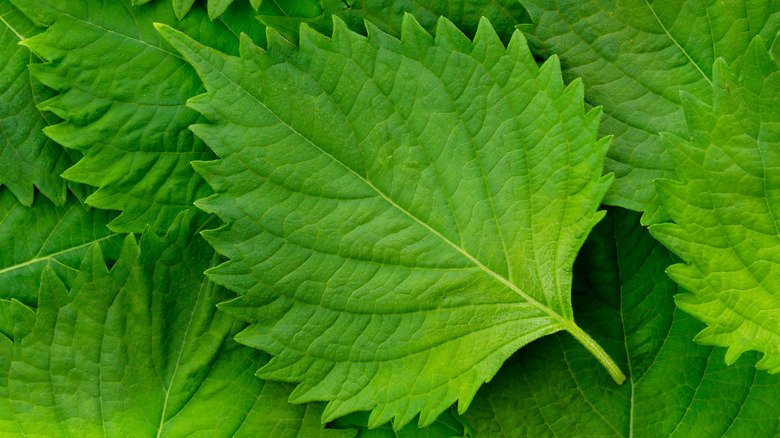
BENEFITS
- White rosewood: removes bile and irritability and is bitter and cool.
- Removes bitter, cold, vata, pitta, fever, vomiting, and hiccups with brown-colored rosewood.
- Rosewood, of all three varieties, is emollient, stimulating inflammation, pruritus, itching, bile, and calming the inflammation.


